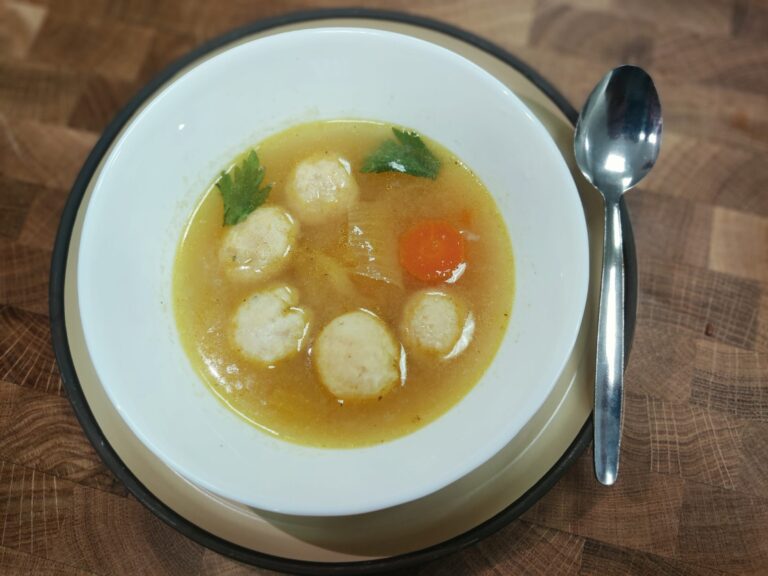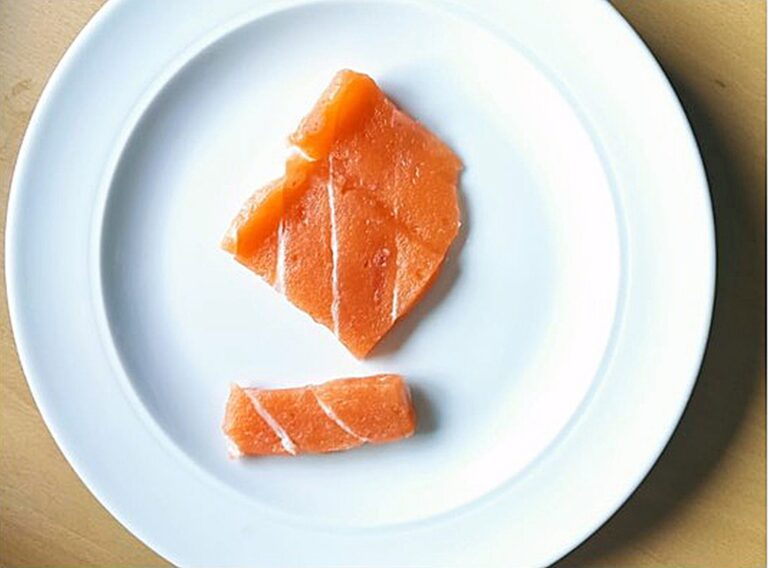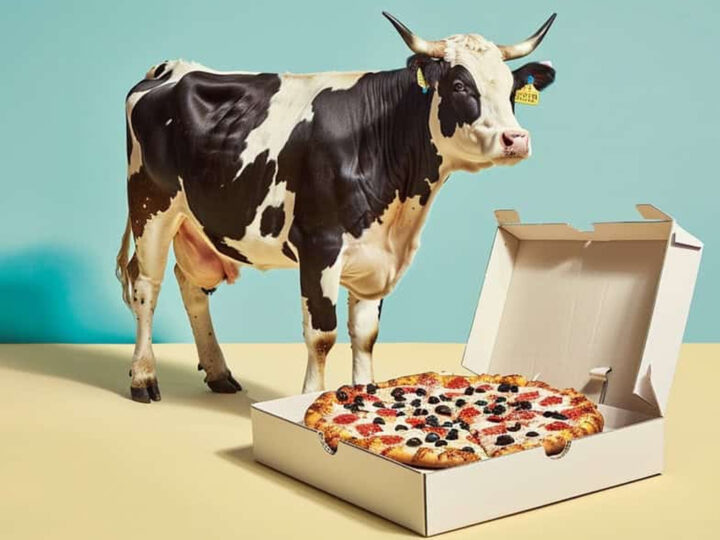For hundreds of years, Passover Seder meals have looked remarkably similar in households across the world.
Alongside the matzah are symbolic foods including a flame-broiled egg, bitter lettuce and roasted shank bone as well as raw veggies and a cinnamon-scented fruity dip.
A typical Seder dinner menu begins with chicken-and-matzah-ball soup and a fish appetizer followed by poultry, lamb or beef and topped off by a cake made with multiple eggs for leavening.
Today, this picture is starting to look out of sync with animal-free dietary trends.
Flexitarians are the primary drivers of this shift, as well as vegans, vegetarians and “climavores” who are choosing foods with a lower ecological footprint, says Noga Sela Shalev, CEO of the Fresh Start FoodTech incubator in Kiryat Shmona founded in 2020 by the Israel Innovation Authority in partnership with Tnuva, Tempo, Finistere Ventures and OurCrowd.
“The appeal of plant-based options is due to a variety of reasons, including health, ethics, environmental sustainability and food allergies or intolerances,” adds Fresh Start CTO Tammy Meiron.
Israeli food-tech innovators are poised to play a significant role in updating the Seder plate in the near future.
Out of the shell
Eggs are used for both symbolic and practical purposes at the Seder meal. In addition to ethical and health concerns, eggs leave consumers vulnerable to massive shortages and price hikes due to factors such as bird flu outbreaks.
Egg-like breakfast patties and liquid egg analog from Israeli company Zero Egg are already on the US food-service market along with plant-based sunnyside-up and poached eggs from YO! Egg.
SavorEat is working on a 3D-printed vegan egg substitute, while Eggmented Reality is developing a new vegan source of proteins that behave just like eggs.
Vegconomist predicts that sales of plant-based eggs could approach $3.3 billion by 2031. Could a creditable hardboiled version be far behind?
Vegan matzah balls
As someone whose attempts to make matzah balls without eggs or gluten were a phenomenal flop, I was intrigued to learn that ChickP’s neutral-tasting chickpea protein powder could be the ticket to perfect plant-based and gluten-free kneidlach.

ChickP Liat Lachish Levy CEO explains that “combining chickpea flour and potato flour with ChickP’s protein allows for a texture identical to that obtained from matzah flour. It does not contain eggs thanks to the adhesive properties of ChickP chickpea protein.”
These popular chicken soup (or faux chicken soup) buddies are allergen-free and contain high-quality protein, no saturated fat, no cholesterol and no stabilizers.
One problem: Many Ashkenazic Jews do not eat chickpeas or other legumes on Passover. But we’ll leave that issue for another time.
Not gefilte fish
Great-grandma used to buy a live carp and leave it swimming in the bathtub until she was ready to kill, gut and debone it and grind it up with other ingredients to cook into gefilte fish.
Then along came factory-made gefilte fish and growing preferences for other types of fish such as salmon.
Today, concerns about eating any kind of fish range from negative health effects (mercury, antibiotics and microplastics in fish flesh) to negative environmental effects (overfishing, toxic runoff from fish farms, carbon-intensive transportation of fresh fish to inland markets).
Several Israeli companies are betting on cultured fish or plant-based fish analogs as the wave of the future.
Culturing fish, as with any meat, involves growing fish cells into actual chunks of fish that can provide an affordable, stable and sustainable source of high-quality protein.
Cultured fish startups include Fresh Start portfolio company Sea2cell; Forsea Foods and Wanda Fish in The Kitchen Hub portfolio; and E-Fishient Protein, a project of BioMeat FoodTech and the Ministry of Agriculture’s Volcani Center – Agricultural Research Organization.

In the plant-based fish category are Israeli startups including Plantish, which plans to commercialize its 3D-printed lookalike, taste-alike, nutritious salmon filet analog at low cost and high scale. MashuMashu already has its flaked tuna analog on store shelves.
The meat of the matter
How about that lamb shank bone on the Seder plate symbolizing the Passover sacrifice? Or the traditional meat-centered Seder meal?
Some Israeli companies have already commercialized plant-based cuts of meat and poultry that are virtually indistinguishable from the real thing.
Redefine Meat’s New-Meat steaks, minced meat and whole-muscle products (including lamb flank and pulled lamb) are available in hundreds of restaurants, hotels and other foodservice locations across Israel and eight European countries including the UK and Finland.
More Foods’ veg-based minute steaks, chunks and pulled strips are served in about 65 Israeli restaurants and foodservice locations.
Companies such as SuperMeat, Aleph Farms and Steakholder Foods are close to commercializing cultured meat and poultry. Believer plans to open a US facility to produce its cultivated ground lamb along with cultivated chicken.
Industrial process technologies innovators such as ProFuse Tech are bringing cultivated meat closer to our plates by boosting accessibility and affordability.
As for that shank bone, we’re not quite there… although prototype cultivated lamb chops and plant-based lamb got a thumbs-up at the recent OurCrowd Global Investor Summit in Jerusalem during a taste-test hosted by Fresh Start’s Noga Sela Shalev.
















